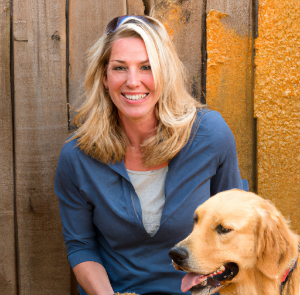Dog Breeds vs Human Personalities
Someone walks up to you, stares, and then says: “Wow, you and your dog look almost exactly alike!”
They may have meant it as an innocent observation, a compliment, or a way to start a conversation. You probably didn’t even think you looked anything like your dog. But there’s actually been published research proving that some dog / human resemblances are surprisingly common. A Japanese scientist has found, for instance, that humans are more likely to choose pets with eyes similar to their own, up to 80% of the time.
That choice is almost always a subconscious one. And of course, it doesn’t really matter how much you look like your dog; after all, beauty is only fur deep. What does matter, though, is the choice that many pet owners should make but often don’t: how well their personality matches with that of their dog.
Why does that make such a difference? A pup who is aloof and independent isn’t going to be a good match for a family with rambunctious kids, a dog that panics easily isn’t going to do well living in a small apartment with workaholic owners who are rarely home for walks, and a high-intensity pet usually isn’t the best choice for a home-bound, disabled owner.
You can never be sure how a pet will behave until you’ve had him for a while, and a young puppy’s behavior is often a poor indicator of what he’ll be like as an adult. But there’s an excellent way to judge what a dog’s personality will be like as he grows older: understanding the personality of his breed.
There are always exceptions, of course, and research – as well as experience – clearly shows that canine behavior is a function of nurture as well as nature. But in most cases, dogs will end up exhibiting the dominant personality traits of their breeds. That’s important information to consider before falling in love with a puppy who ends up banging heads with you for the rest of his life, instead of being a perfect companion.
Figuring out the personality traits you should expect from your dog isn’t quite as easy as you might hope, however. In fact, there’s one other question we need to consider rst.
Preview:




